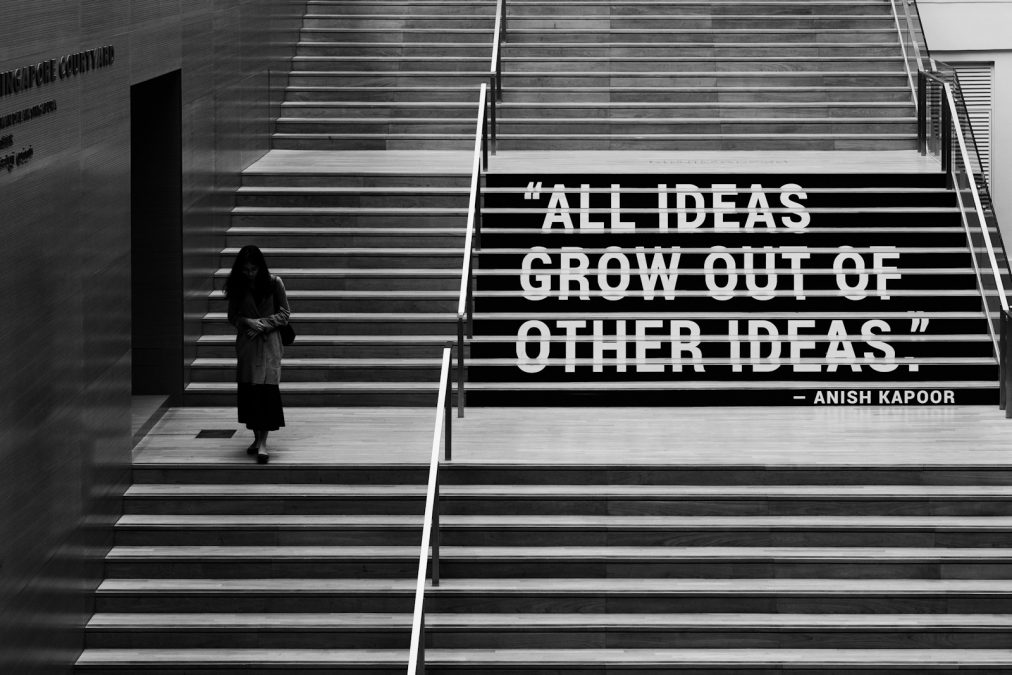
Perishing or Becoming?
April 18, 2024
Mobilising Voters! Become a Voter Registration Champion
June 5, 2024Our journal, Modern Believing, has a fascinating history – going back over 100 years. Jonathan Clatworthy, a former editor, reminds us of some key features of its development.
We began publication in 1911 as the journal of The Churchmen’s Union, founded in 1898. The Union’s full title was The Churchmen’s Union for the Advancement of Liberal Religious Thought. Today the word ‘liberal’ means a wide range of different things. What our founders meant by calling themselves liberals is specific: Christian theology, like all other fields of study, should respond to the information available without feeling obliged to uphold outdated theories. Sometimes we call it the anti-dogmatic principle: we wanted Christian believing to be consistent with the knowledge of the time.
The background was that nineteenth century intellectuals were increasingly opting for atheism, claiming that science was on its side. Most British churches, Catholics and Evangelicals alike, responded by appealing to elements of their traditions that claimed to transcend science: issues like miracles, the divinity of Christ, the Bible’s inerrancy and the objective validity of sacraments.
We argued that this was too defensive. Christianity has nothing to fear from new scientific knowledge. If new knowledge refutes some inherited doctrines we can change our doctrines without imagining that Christianity as a whole will collapse. In practice, church historians could point out, doctrines have often changed.
In 1907 Pope Pius X denounced the ‘modernists’ in the Catholic Church. We proudly inherited this description, so when the journal began in 1911 it was called The Modern Churchman. At first it was a monthly publication, edited by Henry Major, then the driving force behind the Union. The September 1921 issue contains the papers delivered at our most celebrated conference, held the previous month on the theme Christ and the Creeds. Major also set up a theological college for liberal ordinands. In 1975 it merged with Cuddesdon College to be Ripon College Cuddesdon.
Thus our tradition has seen Christianity as a living and developing tradition. Like all traditions we expect it to carry on changing, so we make our own contribution in our own day. We therefore think the Church today ought to be characterized by
- open discussion. Churches should be the kinds of places where people can explore ideas and questions without being shouted down for being unsound and without being told that all the right answers have already been sorted out for all eternity. Unless we have open, honest, public discussion and debate about what is true and what matters, we will not contribute anything useful. Although we have often been opposed by church leaders we have usually ended up winning the arguments – for example on divorce, contraception, capital punishment, women priests, women bishops and same-sex partnerships.
- critical scholarship. Churches ought to be the kinds of places where people can keep up to date with new research and ideas which impact on our faith. This does not mean accepting every new idea uncritically, but it does mean being willing to consider seriously the implications of whatever we think is true without being afraid our faith may be led astray. Theologians often complain that churches are out of date with their theology.
- willingness to change. Today many churches are in a conservative mood. There is a widespread expectation that the doctrines of any one church should not change. Over the last two generations churchgoing has declined rapidly as people see for themselves that their local church, and maybe also the wider church, is out of date. We would like to see more willingness to update what we do and say according to the best insights available to us.
To celebrate the Union’s centenary year, 1898, we produced two books. One, Paul Badham’s The Contemporary Challenge of Modernist Theology, illustrates these values well. The other, my, The New Liberalism: Faith for the Third Millennium, reprints some articles from the journal’s earlier years that are still of interest.
The journal has been published consistently since 1911 apart from a few years during the Second World War. In 1996 it was renamed Modern Believing. It is accessible through the American Theological Library Association and Liverpool University Press. It is edited by Prof Adrian Thatcher. Among its most recent themes are Animals, Agriculture and Theology; Women and Theological Modernism; Deconstructing Racism in the Church; and Theology and Poetry. In April 2015 there was a bumper issue on Assisted Dying, which is once again a political hot potato.
Further reflections can be found here: https://www.atla.com/blog/spotlight-on-modern-believing/




